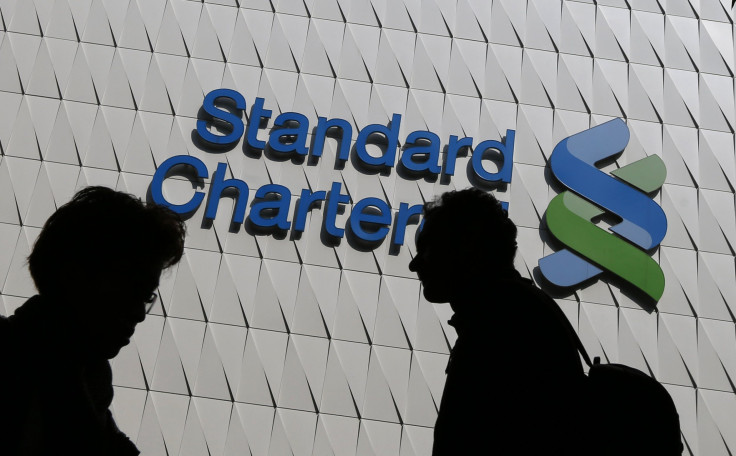Standard Chartered Shares Fall On Alleged Iran Links

Standard Chartered PLC saw major falls in its stock value after the bank came under regulatory scrutiny over links to Iran.
A Financial Times report from Sunday found that authorities are investigating whether the bank was still reviewing clients in 2013 to determine if they were affiliated with Iran despite a 2007 commitment to avoid all business with the country. The FT story found transactions involving Iran that could end up with the bank facing more fines, regulatory sanctions and even a suspension or loss of its dollar clearing license.
The bank’s stock values fell precipitously Monday and Tuesday. On Monday, the bank’s shares lost 4 percent of their value on London’s FTSE exchange, closing at 694. On Tuesday, it was down 8.4 percent as of 6:36 a.m. EDT after opening at 705 points.
Standard Chartered had already paid fines of about $670 million to various U.S. authorities for breaching the agreement in 2012 and last year. However, the bank is still under investigation from the Department of Justice, the Manhattan District Attorney, the Federal Reserve, the New York Department of Financial Services and the New York attorney-general.
The bank said in a statement to FT that it was cooperating with authorities in investigating “possible violations of U.S. sanctions.” It added that “following its decision to exit the Iranian business in 2007 the group had a number of legacy obligations including dormant accounts, outstanding loans and trade-finance agreements. Those legacy obligations have been handled in an appropriate manner in non-US currencies and since 2007 it has been the group’s policy not to pursue any new business with known Iranian entities.”
The probes, which went public last year, are looking into whether the bank breached international sanctions after the period covered in its 2012 settlement, and especially whether senior officials were aware of and had approved the alleged Iran transactions, sources told FT.
© Copyright IBTimes 2024. All rights reserved.











